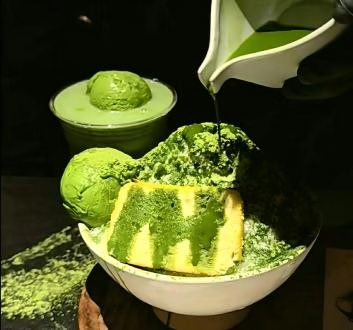Matcha’s delicate bitter-sweet aroma and tea-like fragrance are what attract matcha lovers. There are many types of matcha, and they can be categorized as either light or strong. What are the differences in flavor and quality between these two types of matcha? Which type is right for you?
What determines the flavor of your matcha?
Choosing matcha based on its quality grade and intended use.
Matcha is categorized into different quality grades based on the tea’s origin, producer, and the time and effort invested in the cultivation and manufacturing process. Matcha powders are also categorized as “light” or “strong,” each with its own distinct flavor profile, depending on how the tea is brewed or stirred.
Compared to light matcha powder, strong matcha powder is less bitter and offers a refined, umami flavor, making it a premium product.
While quality is directly reflected in price, it’s recommended to try a variety of brands to find your favorite.
Differences between “Light Tea” and “Strong Tea” Matcha
Light Tea
When brewed into light tea, it exhibits just the right flavor.
It has a wonderful balance of umami and a light bitterness.
Primarily offers low- to mid-priced matcha.
Strong Tea
When brewed into strong tea, it exhibits just the right flavor.
Even when brewed extremely strong, it retains no harshness or off-flavor.
This premium product emphasizes high-quality flavor.
What happens if you use “Light Tea” matcha to brew strong tea?
Light Tea matcha powder is selected to maintain a balanced umami and bitterness when brewed with just the right amount of hot water. Using only a small amount of hot water will leave a lingering bitterness in the mouth, throwing off the flavor balance.
Conversely, “Strong Tea” matcha powder is of higher quality and has a more rounded flavor. Therefore, when brewed into light tea, it will only have umami and lack a lingering aftertaste. This also throws off the flavor balance. Therefore, it is crucial to choose a matcha powder that suits the intended use.


Leave a Reply